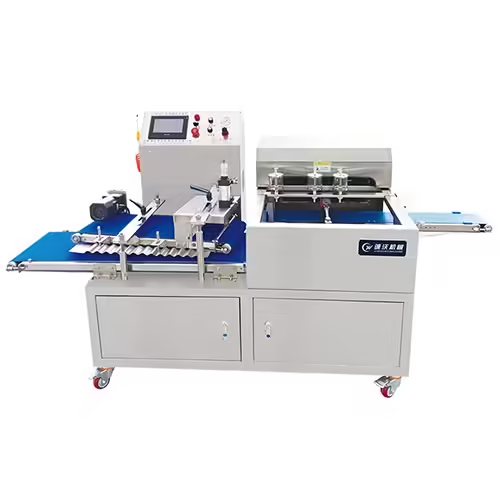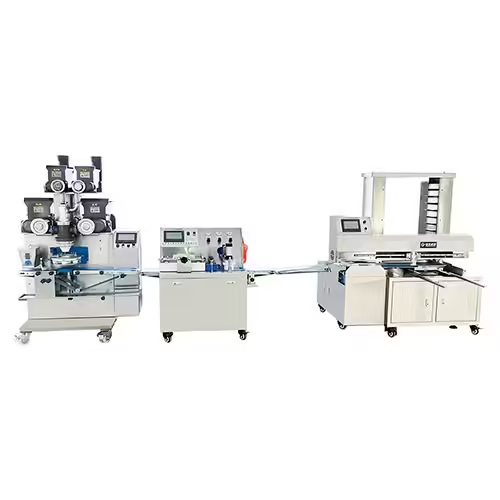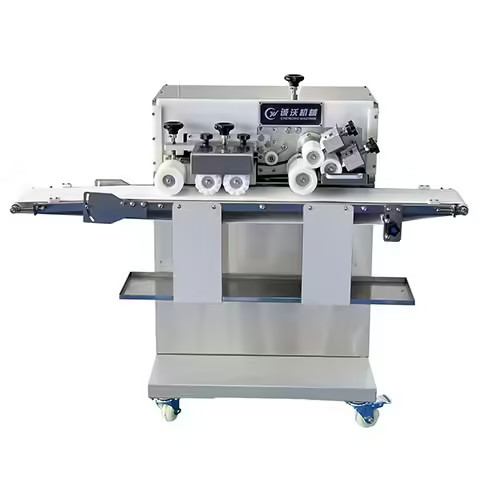



In the world of professional baking, precision, consistency, and efficiency are non-negotiable. Whether you’re running a small artisan bakery or a large commercial facility, having the right bakery ovens is crucial for success. These ovens aren’t just tools—they are the heart of your baking operations, directly impacting product quality, output capacity, and business growth.
In this blog, we’ll explore everything you need to know about bakery ovens: types, features, materials, benefits, technical considerations, and much more. We’ll also introduce innovations from top manufacturers like Chengwo Food Machinery, helping you make informed decisions that can transform your baking business.
Bakery ovens are specialized appliances designed for consistent, high-quality baking of bread, pastries, cakes, and other baked goods. Unlike conventional household ovens, commercial bakery oven are built to handle large volumes, provide even heat distribution, and support different baking processes such as steam injection and multi-level baking.
Choosing the right bakery oven depends on your product lineup, production volume, and space requirements. Below are the main types of bakery oven used in commercial settings:
Ideal for artisan bread and pizza, deck ovens use stone shelves and radiate heat from the top and bottom. They offer excellent control and are popular in traditional bakeries.
These ovens circulate hot air for fast and even baking. They are perfect for cookies, pastries, and smaller batches where consistency is key.
Rack ovens are built for high-volume production. They use rotating racks and even airflow to bake large batches of goods at once, saving time and labor.
Designed for industrial-scale operations, tunnel ovens bake products on conveyor belts, allowing continuous, automated production.
Rotary ovens combine the benefits of rack and convection ovens with rotating mechanisms to ensure uniform baking. They are used widely in mid-to-large scale bakeries.
When investing in bakery oven, consider the following features to ensure you’re choosing the right equipment for your bakery business:
| Oven Type | Ideal For | Heat Source | Capacity Level | Baking Consistency | Space Requirement |
|---|---|---|---|---|---|
| Deck Oven | Artisan bread, pizza | Radiant heat | Medium | High | Moderate |
| Convection | Cookies, pastries | Circulated hot air | Low to Medium | High | Compact |
| Rack Oven | Bread, buns, pastries | Convection + steam | High | Very High | High |
| Tunnel Oven | Mass production | Conveyor-based | Very High | High | Very High |
| Rotary Oven | Bread, cakes, cookies | Rotating convection | Medium to High | High | Moderate to High |
Bakery ovens are built using industrial-grade materials to endure high heat and constant use. The most common material is stainless steel, known for its:
Doors are usually made of insulated glass to retain heat while allowing bakers to monitor the baking process. Internal baking chambers may also be coated with ceramic or stone surfaces for improved heat retention and crust formation.
With energy costs on the rise, modern bakery oven are designed to be energy-efficient. Features that contribute to cost savings include:
Investing in energy-efficient bakery oven not only reduces your operational expenses but also minimizes your environmental footprint.
Bakery ovens directly influence your production capacity, product consistency, and labor efficiency. The right oven setup can:
Whether you’re opening a new branch, entering wholesale distribution, or launching a new product line, upgrading your bakery oven is a strategic move.
Chengwo Food Machinery stands at the forefront of bakery oven innovation. As a professional manufacturer of baking equipment, Chengwo is known for its engineering excellence and forward-thinking designs.
Chengwo owns a specialized engineering R&D center and was among the first in the industry to introduce the concept of modular production in bakery machinery. Their self-developed equipment—such as automatic stuffing machines and fully automatic bread production lines—has received EU CE certification, ensuring compliance with global standards.
By focusing on flexibility, reliability, and safety, Chengwo’s bakery oven and machinery help businesses scale faster and bake better with fewer resources.
To maximize the lifespan of your bakery oven, regular maintenance is essential. Here are key practices to keep in mind:
Proper maintenance not only extends your oven’s life but also ensures safety and baking consistency.
Choosing the right bakery ovens is one of the most critical decisions you’ll make for your baking business. With the right ovens, you can boost efficiency, maintain high product standards, and meet growing customer demands.
Looking for reliable, high-performance bakery ovens to take your bakery to the next level? Contact us today to learn how Chengwo Food Machinery and our state-of-the-art solutions can help elevate your business!
What is the best type of bakery oven for artisan bread?
Deck ovens are often considered the best for artisan bread due to their radiant heat and stone baking surfaces, which help achieve perfect crust and texture.
How often should I service commercial bakery ovens?
For commercial use, bakery ovens should be professionally serviced every 6 to 12 months, along with regular in-house maintenance.
What size bakery oven do I need for a small bakery?
A convection or small rack oven is ideal for small bakeries, offering efficient space use and flexibility for various products.
Are bakery ovens energy-efficient?
Modern bakery ovens are designed with energy efficiency in mind. Look for models with insulation, programmable controls, and heat recovery systems.

